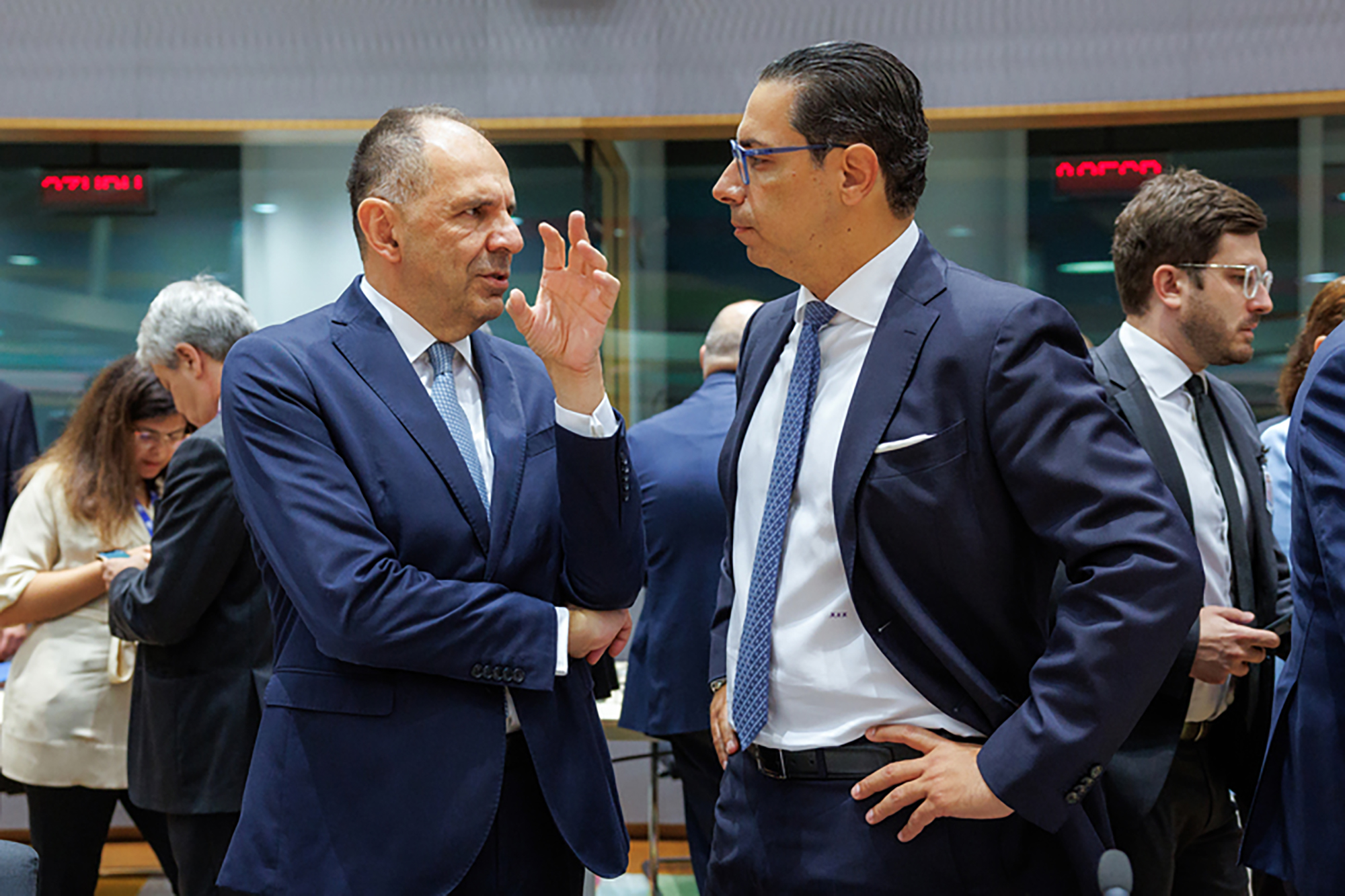Cyprus was “left completely satisfied” with the stance taken by other EU member-states at the informal meeting of foreign ministers in Brussels, said Foreign Minister Constantinos Kombos. After the meeting that was attended by Turkish foreign minister Hakan Fidan, Kombos said it was made clear that the Cyprus issue “constitutes an important fundamental factor as regards progress in EU-Turkey relations.”
It was very much a case of all’s well that ends well for the government which had been criticised by some parties and a small section of the media for giving the go-ahead for the attendance of Fidan. Earlier in the year, it had objected to his attendance of a similar meeting, but between the two meetings, in April, it had secured the decision of European Council linking progress in EU-Turkey relations to the Cyprus problem.
Kombos, understandably, was pleased that several foreign ministers at the meeting toed this line during the discussions with Fidan, who had tried to argue that the two issues should not be linked. He also spoke about the existence of two “sovereignly equal entities” in Cyprus and the isolation of the Turkish Cypriots, for whom the talks that had been held so far had no benefit. Reports suggested that these exchanges were calm, but what remained unclear was how long they lasted. It is doubtful they occupied too much of the meeting as there were other issues on the agenda such as visa-free travel and amending the customs union.
Government spokesman Konstantinos Letymbiotis also expressed satisfaction with the meeting and the fact that Fidan avoided repeating the hardline rhetoric of Turkish Cypriot leader Ersin Tatar, about two states and the latter’s conditions for the resumption of talks. He was also pleased that member states sent the message that EU-Turkey relations could not be decoupled from the Cyprus problem.
In short, the government got what it was hoping for – confirmation of the link between EU-Turkey relations and the Cyprus problem – thus justifying its “strategic political decision” to greenlight Fidan’s attendance of the meeting. It was another small victory, of little practical value, if the ultimate objective is the resumption of the talks. It is not this link that will persuade Turkey to agree to a resumption of the talks.
In fact, nobody could say for how long it would last. At present, the link to the Cyprus problem probably suits some member states and the European Commission as it allows them to move things slowly with Turkey which has rediscovered its interest in EU membership. Talks are currently being conducted at a technocratic level so there is no hurry for political decisions for now. When this time arrives, we could witness a change of stance – as regards the need for progress in the Cyprus problem – from some of the bigger and more influential member-states.
Until that time comes the government should enjoy its small victory, which, unfortunately, will prove of no practical value.







Click here to change your cookie preferences